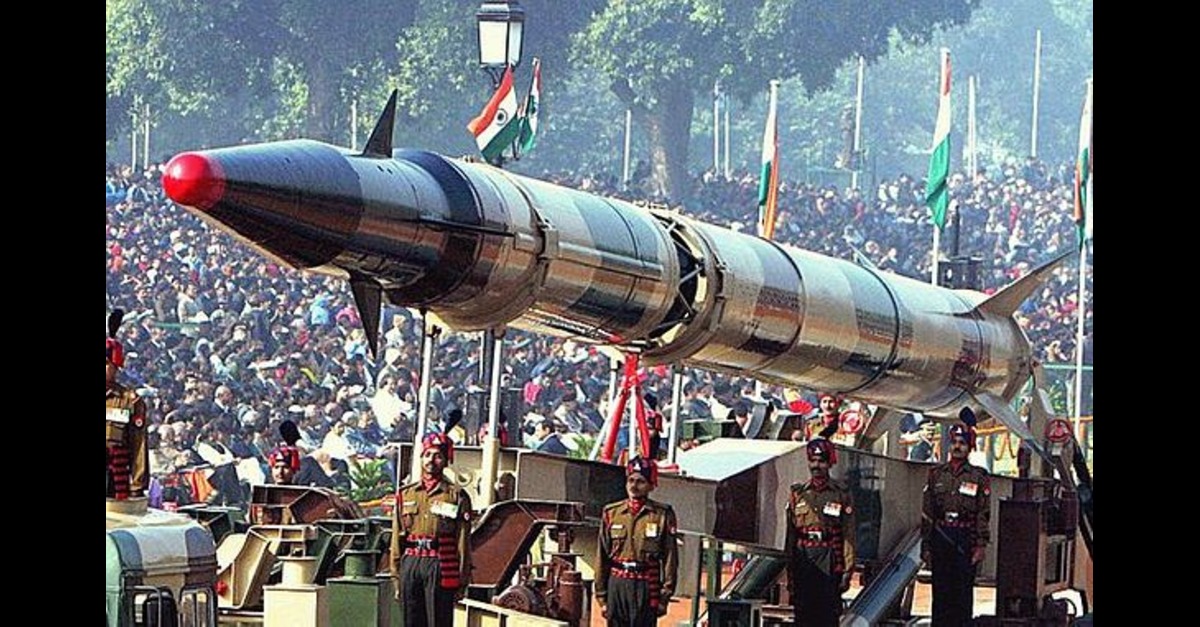INTRODUCTION
South Asia, particularly India and Pakistan, has witnessed a recent spike in defense activities, including missile tests and large scale military exercises. While these operations are framed as routine strategic preparedness, they raise serious concerns under international law, especially regarding arms control, regional peace , and the doctrine of proportionality. During strong tensions and much patriotism, whether these military actions are legal and clear needs to be looked at closely, especially with what the UN rules and disarmament agreements say.
BACKGROUND
India recently tested the Agni-Prime missile, a nuclear-capable ballistic missile with better range and movement, saying it’s just part of usual military work. At the same time, Pakistan did its Shamsheer-e-Behr military exercise, practicing sea fights in the Arabian Sea. This all came after some border fights and airspace problems earlier this year, making the region more tense. Even though both countries haven’t clearly broken any global rules, these actions are happening in a risky situation, where it’s hard to tell the difference between being ready for defense and actually provoking.
KEY POINTS
- Article 2(4) of UN Charter prohibits the using force or threat against the territorial integrity, political independence of any state. Even though missile tests are not acts of war , repeated and aggressive displays can be called as veiled threats, challenging spirit of this article.
- Both India ,Pakistan are not signatories to the Nuclear Non-Proliferation Treaty (NPT) but are to be bound by customary international law and regional declarations like the Lahore Declaration (1999), which urges restraint and transparency in defense postures.
- Under Article 246 of the Indian Constitution, defense falls under the Union List, giving the Central Government exclusive powers. However, this power is not absolute and must stick onto international obligations and aswell as humanitarian principles.
- The legality of missile tests also depends on issues like public notification (NOTAMs), environmental impacts , and civilian safety, which are often not addressed. Civil society groups have raised concerns regarding the opacity and environmental risks of these activities.
- Law experts always say it’s better if countries tell each other before doing tests and talk more through joint army talks. This helps keep the trust, as they agreed in their treaties and meetings with nearby countries.
RECENT DEVELOPMENT
As of May 1, 2025, both India and Pakistan repeated their support for “strategic stability,” but continued developing their missile systems. India’s DRDO announced plans to expand missile range , while Pakistan carried out a tactical drill near the Line of Control. Even though these moves follow international law, they still add pressure to an already tense arms race in the region. Meanwhile, a public interest litigation (PIL) was filed in the Delhi High Court, asking for a review of India’s defense disclosures and environmental checks related to missile testing . The court has asked the government to respond within four weeks.
CONCLUSION
The legality of South Asia’s burgeoning defense posture is not merely a question of constitutional authorization or strategic necessity—it is also a matter of international peace and legal accountability. While sovereign states have the right to self-defense, it must be exercised within the boundaries of international law and regional stability frameworks. The courts, civil society, and international watchdogs must play a proactive role in ensuring that defense ambitions do not outpace legal and ethical constraints. As the region treads a tightrope between deterrence and diplomacy, law must remain the stabilizing force in an increasingly volatile arena.
“PRIME LEGAL is a full-service law firm that has won a National Award and has more than 20 years of experience in an array of sectors and practice areas. Prime legal falls into the category of best law firm, best lawyer, best family lawyer, best divorce lawyer, best divorce law firm, best criminal lawyer, best criminal law firm, best consumer lawyer, best civil lawyer.”
WRITTEN BY PRIYANKA DESHIKAN.


